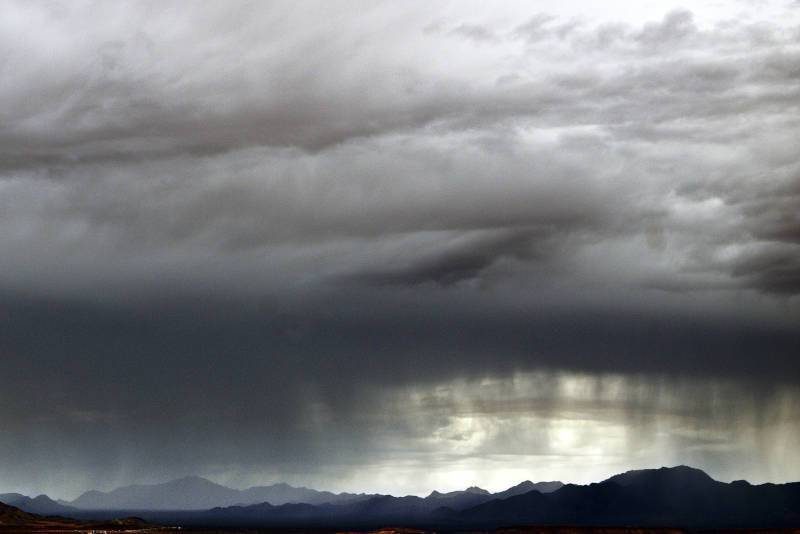From the cross, Jesus prayed, ”Father, forgive them, for they do not know what they are doing.”
In other words, they are caught up in stuff and do not know it. They are captive to ways of being, thinking, and feeling from which they make decisions, from which they lash out. They are captive to fears, resentments, prejudices, anger, divisiveness, various attitudes, misplaced desires and feelings.
Over years of ministry to people in a church and a neighborhood, I reached out to people who were caught up in stuff. And in order to do ministry, I had to increasingly recognize the stuff I was caught up in and experience the grace that liberates me from captivity. I was a “wounded healer” ministering to other wounded people.
Among the people I ministered to were people struggling with drug addictions, past hurts and trauma, broken relationships, domestic violence, poverty, injustice. What they were struggling with were experiences that often held them in captivity from which they made bad decisions—until they came to see and acknowledge their bondage and experienced God’s liberating work in their lives.
What people are caught up in generally determines their actions. They find themselves acting in ways that hurt themselves and others. So we pray, ”Father, forgive them for they do not know what they are doing.” They are caught up in stuff.
I reached out to young people caught up in gangs. I could see that they were caught up in stuff. When a young man came into my church one Sunday morning who had a newborn son and expressed his desire to get free from a gang he belonged to, he was acknowledging that he was caught up in stuff, and it was not going to help him raise his son.
The stuff we are caught up in determines much of what we decide and do. When we operate unaware of the stuff we are caught up in, it can be said of us that we do not know what we are doing.
Crowds welcomed Jesus into Jerusalem with great jubilation. Days later crowds were calling for his crucifixion. The only way to describe this occurrence is that they did not know what they were doing.
How much of our lives can be explained in this way? How much of what goes on in the lives of the people of our nation and the leaders they choose can it be said, “They do not know what they are doing.”
When we make decisions from hidden impulses, hidden because we operate unaware of them, it can be said, “We do not know what we are doing.” When we are held captive to fear, anger, grievances, resentments, prejudices, selfishness, greed, arrogance, self-righteousness, judgmemtalism (add your own to the list), and do not recognize or acknowledge these things, we will act out of them. They will also be hooks for con artists including political con artists. The crowd that called for Jesus’ crucifixion was egged on by religious leaders.
Gracious God, wake us up to what is going on inside us, when we are making decisions and taking action. Spirit of Truth, enlighten the eyes of our hearts so that we discern the source of our actions. Turn our hearts to you. Free us from bondage to sin; cleanse us from “strife, jealousy, anger, quarrels, dissensions, factions, envy” (Galatians 5:18-21); free us from resentment, fear, prejudice, greed, and from the hidden false gods we serve. Make us aware of and free us from our self-righteousness which keeps us from seeing the needs of others and welcoming them as you welcome them. Help us to return to you, gracious God. Bring truth to our inward being. Amen.
